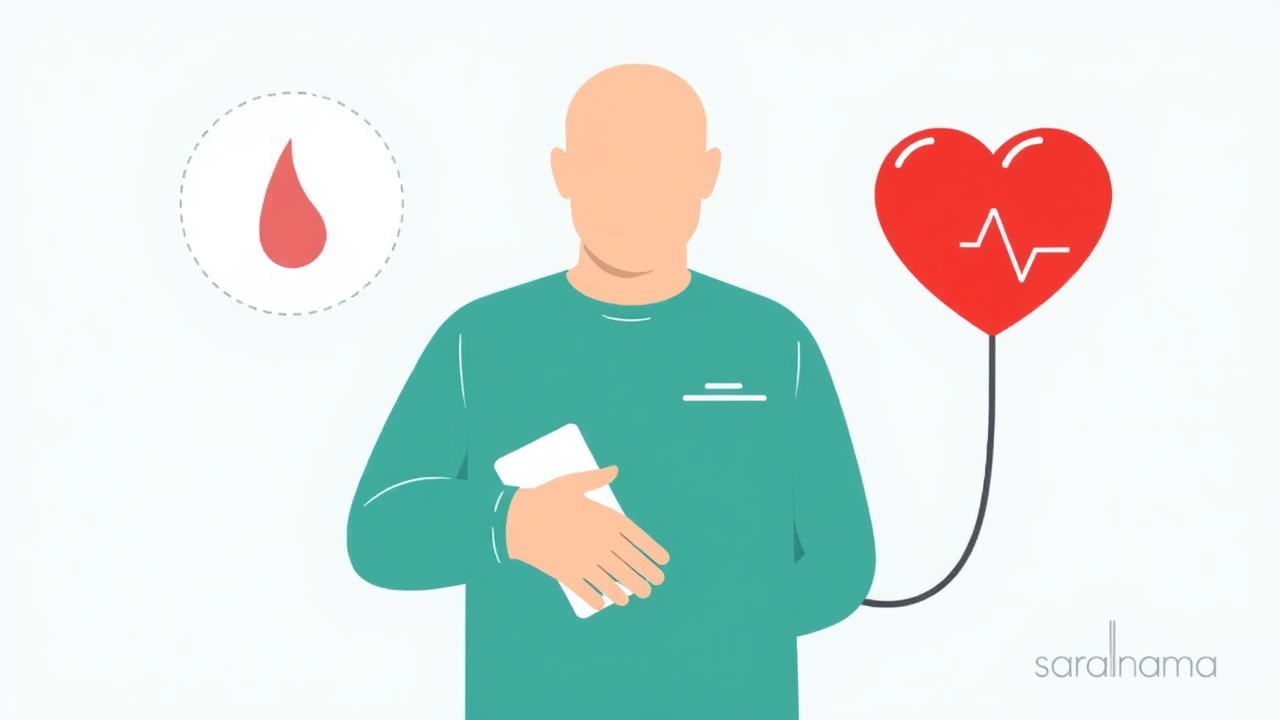A Quora user shared an alarming experience: their blood pressure reached 200/90 during a hospital visit, diagnosed as a panic attack or stress. Two months later, it remained elevated. Medical experts confirm that stress can indeed trigger temporary spikes in blood pressure. During stressful episodes or panic attacks, the body releases cortisol, the fight-or-flight hormone, which accelerates heart rate and narrows blood vessels. This causes blood pressure to surge. Typically, readings normalize once stress subsides. However, persistently high readings over time suggest underlying hypertension rather than stress alone. Doctors recommend 24-hour Ambulatory Blood Pressure Monitoring to distinguish between stress-induced spikes and sustained hypertension. Chronic stress combined with poor lifestyle choices like smoking, alcohol consumption, lack of exercise, unhealthy diet, and inadequate sleep significantly raises the risk of developing long-term high blood pressure requiring medication and lifestyle modifications.

Can Stress Alone Cause Persistent High Blood Pressure?
Dr Manisha Arora, director of internal medicine at CK Birla Hospital, Delhi, explained that stress causes temporary blood pressure elevation through cortisol release. This hormone speeds up the heartbeat and constricts blood vessels, leading to sudden spikes. Hospitals often administer anti-anxiety or relaxation medicines first. If pressure remains dangerously high, a small antihypertensive dose may follow. When blood pressure stays elevated months later, doctors recommend closer monitoring, including multiple daily checks and 24-hour Ambulatory Blood Pressure Monitoring (ABPM). This test reveals whether high readings occur only during stress or persist throughout day and night. Persistent elevation suggests hypertension, confirmed through echocardiograms, fundus examinations, or kidney ultrasounds showing long-term damage. Chronic stress combined with smoking, alcohol, inactivity, poor diet, and inadequate sleep significantly increases sustained hypertension risk, often requiring medication and lifestyle changes.
Source: Link
